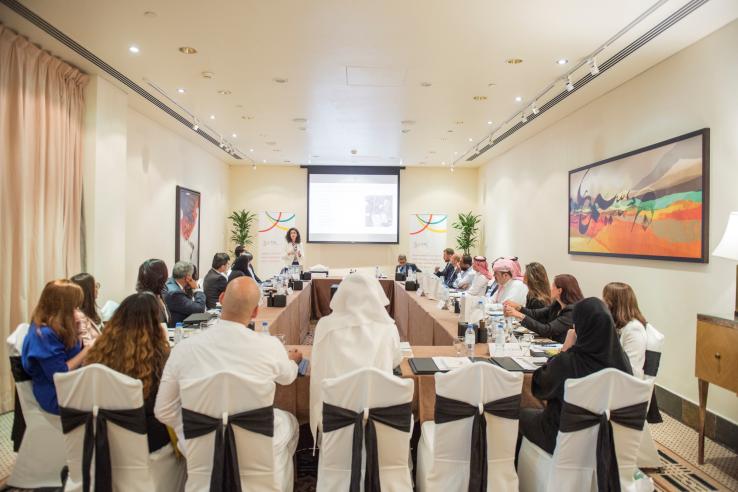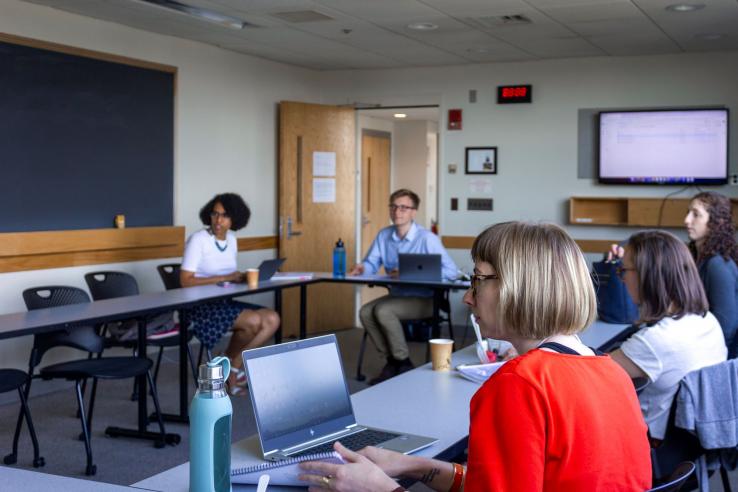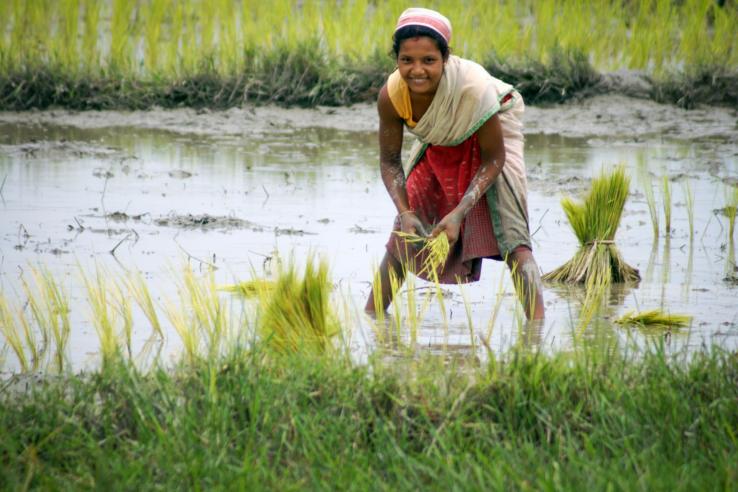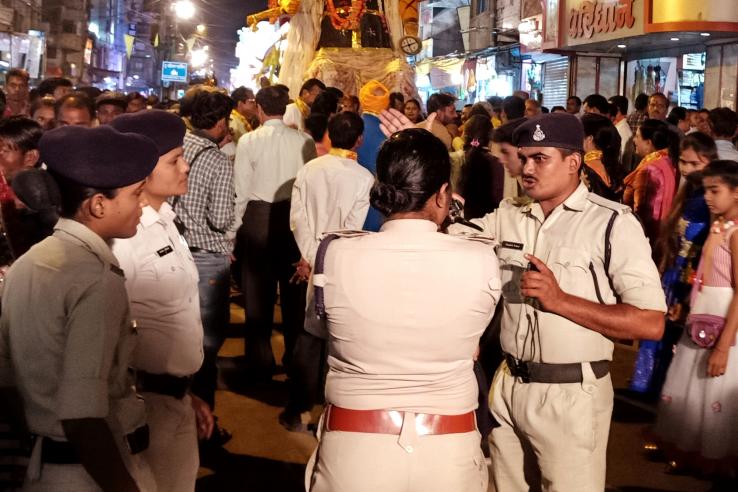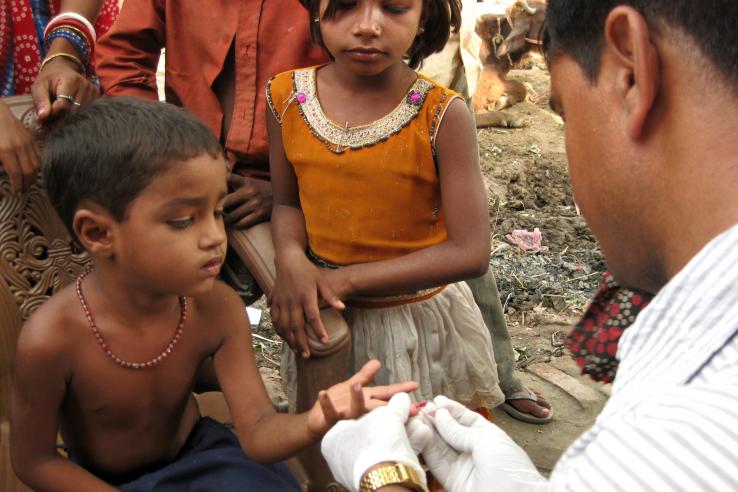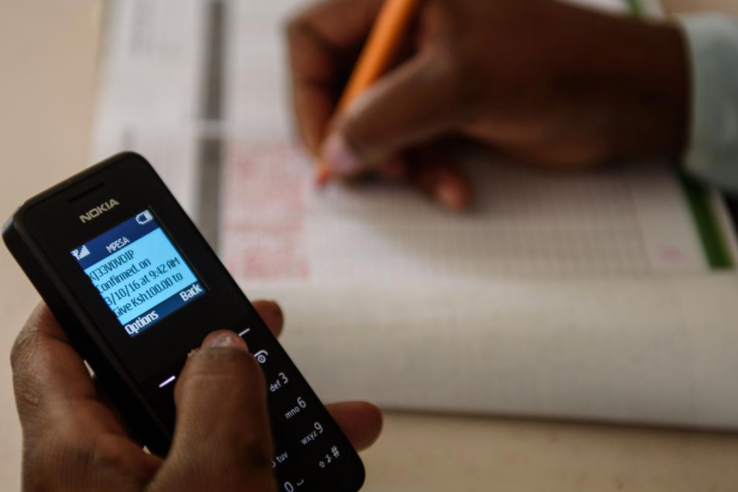Displaying 1651 - 1665 of 7733
Event
Please note: This is a custom course hosted by the International Rescue Committee. The course is tailored to the needs of professionals from humanitarian, development, government, policy, and academic organizations who are considering, planning, or currently conducting randomized evaluations.
Event
Charting the Next Decade of Evidence Generation in State and Local Government: The 4th Annual J-PAL North America State and Local Innovation Initiative Convening
Event
This five-day in-person training equips participants with resources and knowledge to engage with impact evaluations of social programs. The course provides an in-depth look at why and when randomized evaluations can be used to rigorously measure social impact, methods and considerations for their...
Event
As a part of the Evaluations Fest 2020 being organised by Evaluation Community of India, J-PAL/CLEAR South Asia is putting together a panel of presentations on 13th February 2020, between 2:00-3:30 pm at the India Habitat Centre (IHC), New Delhi.
Evaluation
In Kenya, researchers introduced a messaging campaign on matatus (local buses) to encourage individuals to speak up against reckless driving and reduce road accidents rates. Placing these stickers in the passenger area of matatus decreased insurance claims rates, average speed, and number of road accidents per year.
Blog
Amy Finkelstein has changed what we know about Medicaid, Medicare, the economics of health care—and, increasingly, medical care itself.
Evaluation
Researchers are partnering with the Hyderabad City Police in India to evaluate a hotspot policing program aimed at addressing sexual harassment in public spaces and improving women’s safety.
Initiative
The Cash Transfers for Child Health Initiative (CaTCH) seeks to improve child health by generating policy-relevant rigorous evidence on the design and delivery of cash transfer and pay-for-performance programs in India.
Person
Initiative
The Digital Identification and Finance Initiative in Africa (DigiFI) aims to generate rigorous evidence on how African governments, private companies, and NGOs can leverage digital payments and identification systems to improve lives through better public service delivery, governance, and financial...

